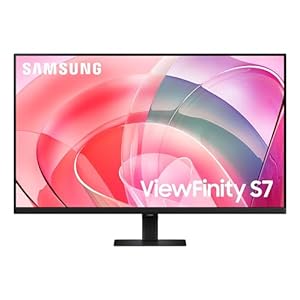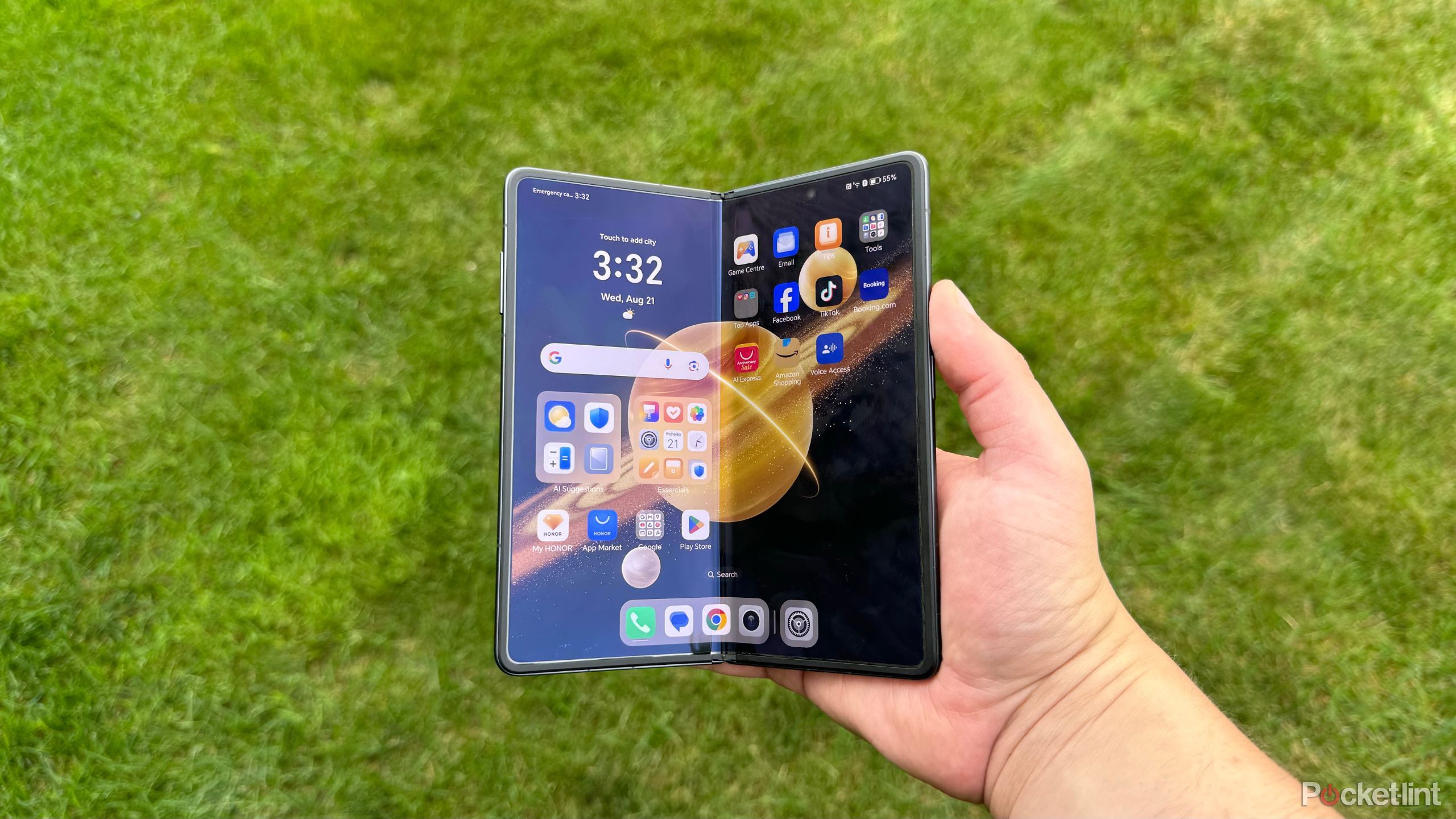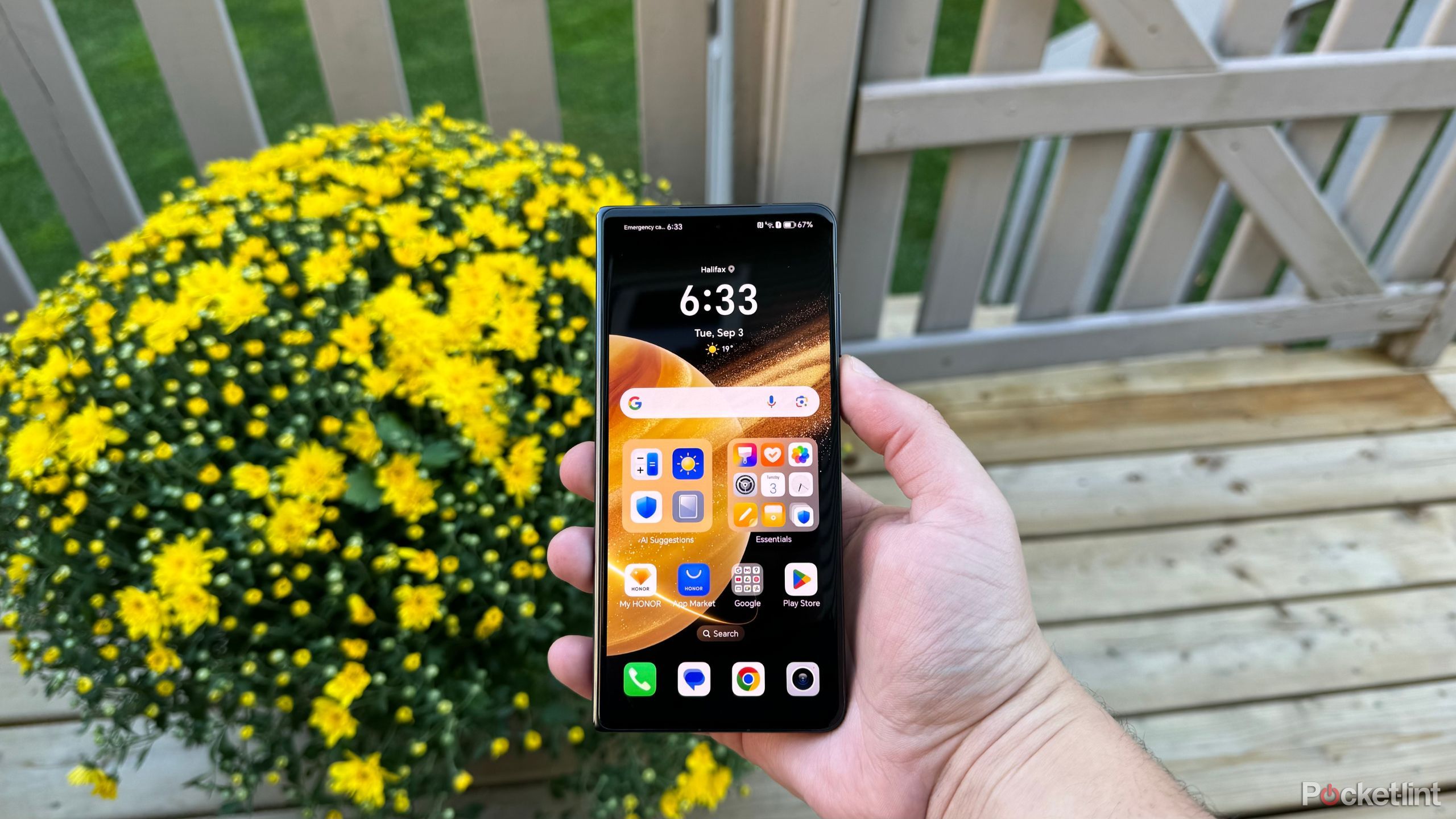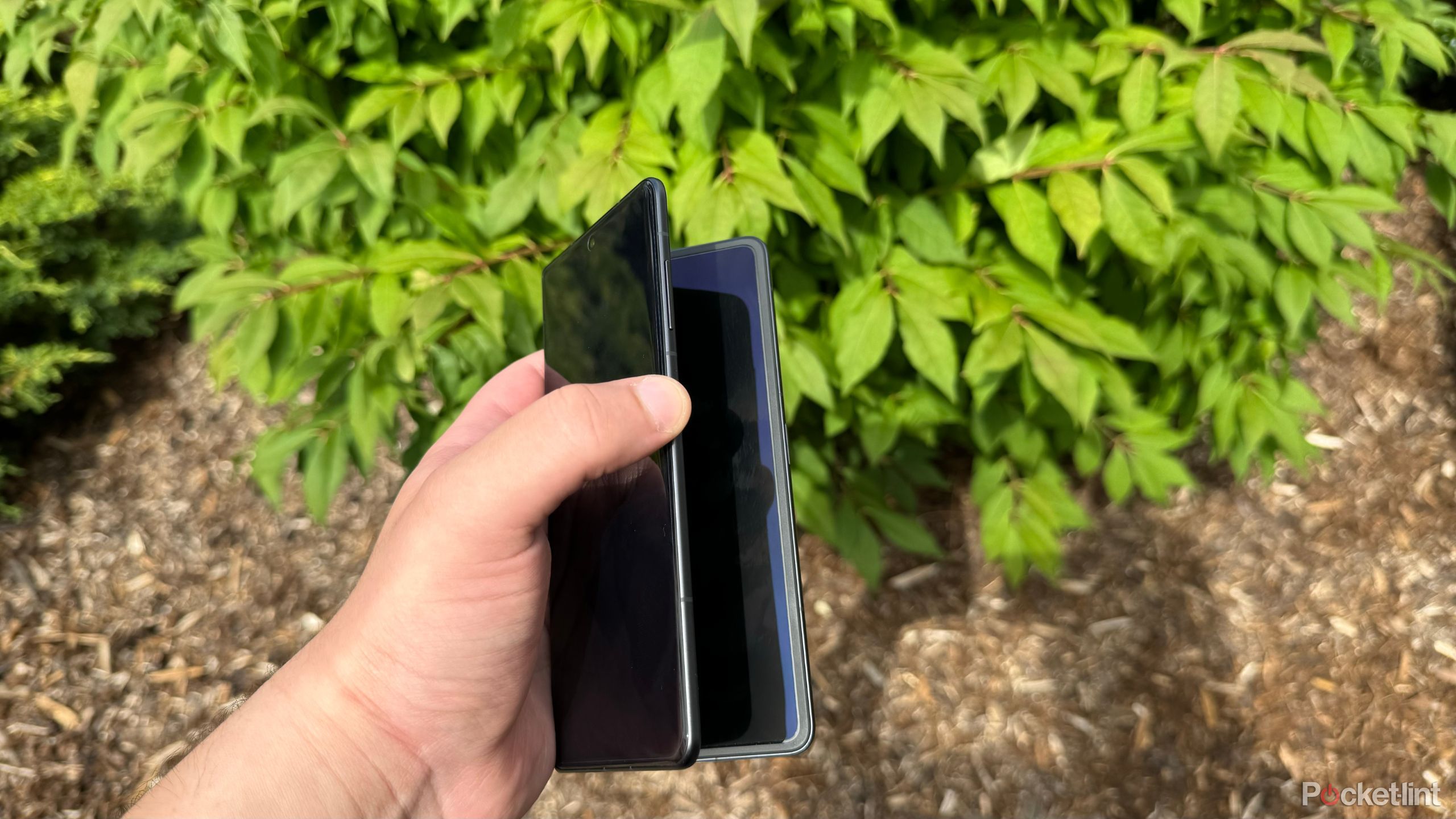Key Takeaways
- Honor’s new Magic V3 is the thinnest book-style foldable device on the market.
- The Magic V3 is impressively engineered, being thinner than many slab-style phones.
- Honor has stiff competition on the world stage, but the V3 has me hopeful for continued innovation in the foldable phone sector.
With its latest Magic V3 phone offering, Honor aims to make headway in the consumer foldable market. The company touts the V3 as the thinnest book-style foldable out there, and it hasn’t been afraid to be vocal about that fact.
The foldable phone category is stronger than ever, with the likes of Samsung, Google, Motorola, OnePlus, and many other players on the international stage. Honor is banking on the V3’s impressively thin design in order to stand out from the crowd, but has the company managed to deliver the goods?

Recommended
Honor Magic V3
Honor’s latest book-style foldable phone is incredibly thin and light — more so than many slab-style devices.
- Thin and light
- Bright display
- Plenty of RAM and storage to work with
- Software isn’t perfect
- Crease is minimal but still noticable
- No IP rating for dust resistance
Price, availability, and specs
The majority of book-style foldable phones are beginning to settle into a basic template when it comes to their dimensions. Honor’s Magic V3 fits that bill perfectly, with a cover screen that’s shaped and sized much like a normal phone screen, and an unfolded display that’s close to being a square.
More specifically, the Magic V3’s OLED cover display measures in at 6.43-inches and comes at a resolution of 2376 x 1060 pixels. By contrast, the inner OLED display measures in at 7.92-inches, with a resolution of 2344 x 2156 pixels. Pixels are indiscernible at 402 pixels-per-inch on both displays, and they also both come with fast 120Hz refresh rates and stylus pen support.
The exact dimensions of the phone come in at 6.17 x 5.72 x 0.17-inches (156.6 x 145.3 x 4.35mm) when unfolded, and 6.17 x 2.91 x 0.36-inches (156.6 x 74.0 x 9.2mm) when folded. Combined with its 7.97oz (226g) weight, the Magic V3 is a particularly thin and light device as far as foldables come.
Running the show is Qualcomm’s latest flagship phone processor, the Snapdragon 8 Gen 3. A 5150 mAh battery pack powers the unit, and 66W wired and 50W wireless charging are both present for quick top up speeds.
The camera array on the Magic V3 is similar to other book-style foldables on the market, with dual 20-megapixel f/2.2 selfie shooters, and a triple rear lens setup. These clock in at 50-megapixels at f/1.6 for the wide angle lens, 50-megapixels at f/3.0 for the periscope telephoto lens, and 40-megapixels at f/2.2 for the ultra wide shooter.
The Honor Magic V3 is available in black, green, and reddish brown colorways, and comes in a single configuration with 12GB of RAM and 512GB of storage.
What I liked about the Honor Magic V3
The V3 is thinner and lighter than many non-foldable phones
As mentioned, the impressive combination of thinness and lightness are what make the Magic V3 stand out from its peers. This has been a revelation for me, as I can go ahead and use the device like a normal phone when I want to, without any major compromise.
A big part of what makes the V3 feel like a no-downside phone experience, is Honor’s decision to make the folded aspect ratio comparable to any other modern handset. The phone’s width is nice and wide, as opposed to the Samsung Galaxy Z Fold 6‘s uncomfortably skinny footprint. I’m a fan of the in-hand feel, including when unfolded. The inner display is a joy to use when on the couch or lying in bed, and I found the aspect ratio worked well for me.
Build quality is another high point, with the V3’s hinge design evoking the sense that this is a well-built product. The device opens and closes satisfyingly, and every aspect of the build feels premium across the board. The device’s rear is made of hard plastic as opposed to glass, but it feels nice and sturdy when paired with the metal side frames.
Perhaps my favorite design consideration here is Honor’s implementation of an ambient display mode, which it dubs Standby. If the name wasn’t already a hint, this mode takes inspiration from Apple’s StandBy feature, displaying a clock or other useful widgets when the device isn’t actively in use. Honor’s implementation is triggered whenever the phone is placed in tent mode or in laptop mode, and I find it to be a great perk when perching the phone on my work desk or nightstand.
No matter which orientation you have the Magic V3 operating in, there’s no escaping the beauty of the phone’s punchy displays. Having fast 120Hz refresh rates on both the inner and outer screens is a plus, as is digital pen support. Honor is particularly proud of its new Eye Comfort Display technology, which offers a couple of health-conscious additions to the display tech stack.
There’s an AI-infused Defocus Eyecare setting that utilizes under-the-hood myopic defocus stimulation tech, and it’s supposed to relieve the refractive state of your eyes over time. It’s a feature that’s hard to test or vouch for in its current state, unfortunately. For what it’s worth, I didn’t notice any difference in display acuity when toggling the feature on. Another addition is Ultra-high Frequency PWM Dimming, which Honor says will lower screen flickering to improve eye comfort. In any case, I’m a fan of Honor’s health-based initiative in principle here.
The camera experience is pretty great as well — it doesn’t quite achieve Pixel or iPhone-level quality under difficult shooting conditions, and that’s probably down to post-processing and machine learning algorithms that can thankfully be updated over time. I like that there’s a periscope lens on board, and I never found myself wanting more optical zoom beyond the 3.5x range the foldable is able to deliver.
Performance was consistently snappy, including shutter speed when rapidly taking action shots. The under-the-hood Snapdragon 8 Gen 3 certainly packs a punch, landing a score of 1,362 in single-core and 4,767 in multi-core in the Geekbench 6 benchmarking app. Even with the thermal constraints that come along with such a thin phone chassis, the V3 never skips a beat.
While I’m generally not the biggest fan of proprietary fast charging solutions, Honor’s decision to bundle the 66W SuperCharge charging brick in the box is a consumer-friendly move that I appreciate. I do wish that the adapter made use of USB-C as opposed to USB-A, but that’s neither here nor there. Fast 50W wireless charging is also supported, but you’ll need to shell out the extra money on a compatible wireless charging base. If you rest the Magic V3 on any old Qi charging pad, you’ll get a much slower rate of somewhere in the range of between 5W and 15W.
Lastly, I really enjoyed using the capacitive fingerprint sensor embedded in the V3’s sleep/wake button. I was impressed by how quick and accurate it is, even while being constrained to a very small surface area.
What I didn’t like about the Honor Magic V3
The software skin isn’t entirely my cup of tea
While the performance of the Magic V3 is silky smooth, and I have little to complain about when it comes to battery life, heat management, and screen visibility, I do have one major gripe — Honor’s Magic OS skin on top of Android 14.
There’s nothing deal-breaking here, but I find myself longing for a more Google-esque user interface. Honor liberally grafts many iOS-isms onto Android, which I never fully got used to.
Thankfully, bloatware is kept to a minimum out of the box, and the phone doesn’t suffer from the same app and service duplication issues that continue to plague Samsung’s Galaxy lineup. That being said, I’d prefer if TikTok, Instagram, and Booking.com weren’t preloaded apps on the system.
…the Air Gestures fall squarely into the gimmick category.
Being 2024, there’s a suite of on-board AI tools included in the software package. I found Magic Text to be useful, which is a tool that lets you extract text from images on screen. Magic portal, on the other hand, lets you drag photos and text across apps and services. It works well, but it’s a rather unremarkable feature. I wasn’t able to test out Face-to-face translation during my time with the device, but I imagine it’d be useful in a pinch.
Lastly, the Air Gestures fall squarely into the gimmick category. The feature purports to help you navigate your phone by making various hand gestures, and I found it to be hit or miss. I felt this way back when Samsung, LG, and Google all tried the concept in one way or another, and I honestly think it’s time to put the idea to rest.
The only hardware quibble I have with the V3 is its lack of a dust resistance rating for some extra peace of mind, but it’s a pretty small complaint. The handset is certified with an IPX8 rating, which makes it resistant to splashes of water and ingress of static fresh water at 2.5 meters for up to 30 minutes. In other words, you don’t have to be afraid to pull out the V3 if you’re ever stuck in the rain.
Should you buy the Honor Magic V3?
The V3 is a great device, but there’s stiff competition from Google, Samsung, and OnePlus
Honor has crafted an excellent phone in the Magic V3, and its engineering efforts should be applauded. The incredible thinness and lightweight body of the device is a real, genuine step up for the foldable phone category. I hope other phone makers (cough, cough, Samsung) follow in Honor’s footsteps here and come out with sleeker devices in the near future.
Performance on the Magic V3 is excellent, and it has perfectly adequate cameras for daily usage.
Performance on the Magic V3 is excellent, and its cameras are perfectly adequate for daily usage. My only real gripe with the phone’s user experience is its MagicOS software skin sitting on top of Android 14. I’ve grown accustomed to Google’s Pixel-based vision for Android, and Honor’s interface strays pretty far from this template. As for the AI features, they’re cool in concept but somewhat underwhelming in practice.
The Honor Magic V3 is a great smartphone, and an excellent foldable device. The software experience isn’t entirely to my taste, but I recognize that that’s a matter of personal preference — in any case, the device is silky smooth in operation. There’s growing foldable competition from others like Google and OnePlus, but the sheer thinness of the Magic V3 has me preferring it over those other devices while out and about.
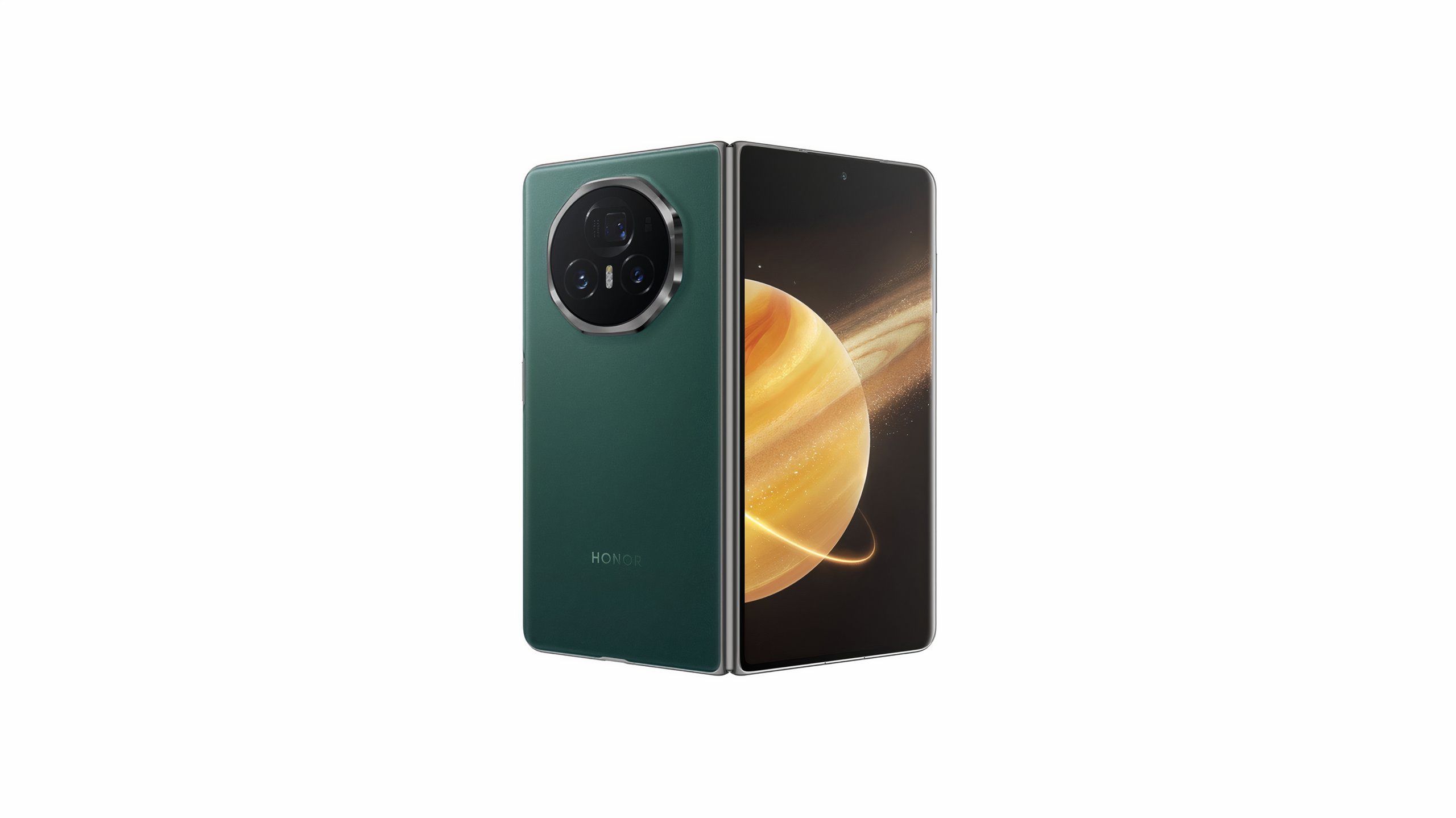

Recommended
Honor Magic V3
Trending Products

SAMSUNG FT45 Sequence 24-Inch FHD 1080p Laptop Monitor, 75Hz, IPS Panel, HDMI, DisplayPort, USB Hub, Peak Adjustable Stand, 3 Yr WRNTY (LF24T454FQNXGO),Black

KEDIERS ATX PC Case,6 PWM ARGB Followers Pre-Put in,360MM RAD Assist,Gaming 270° Full View Tempered Glass Mid Tower Pure White ATX Laptop Case,C690

ASUS RT-AX88U PRO AX6000 Twin Band WiFi 6 Router, WPA3, Parental Management, Adaptive QoS, Port Forwarding, WAN aggregation, lifetime web safety and AiMesh assist, Twin 2.5G Port

Wi-fi Keyboard and Mouse Combo, MARVO 2.4G Ergonomic Wi-fi Pc Keyboard with Telephone Pill Holder, Silent Mouse with 6 Button, Appropriate with MacBook, Home windows (Black)

Acer KB272 EBI 27″ IPS Full HD (1920 x 1080) Zero-Body Gaming Workplace Monitor | AMD FreeSync Know-how | As much as 100Hz Refresh | 1ms (VRB) | Low Blue Mild | Tilt | HDMI & VGA Ports,Black

Lenovo Ideapad Laptop computer Touchscreen 15.6″ FHD, Intel Core i3-1215U 6-Core, 24GB RAM, 1TB SSD, Webcam, Bluetooth, Wi-Fi6, SD Card Reader, Home windows 11, Gray, GM Equipment

Acer SH242Y Ebmihx 23.8″ FHD 1920×1080 Residence Workplace Extremely-Skinny IPS Laptop Monitor AMD FreeSync 100Hz Zero Body Peak/Swivel/Tilt Adjustable Stand Constructed-in Audio system HDMI 1.4 & VGA Port

Acer SB242Y EBI 23.8″ Full HD (1920 x 1080) IPS Zero-Body Gaming Workplace Monitor | AMD FreeSync Expertise Extremely-Skinny Trendy Design 100Hz 1ms (VRB) Low Blue Gentle Tilt HDMI & VGA Ports
